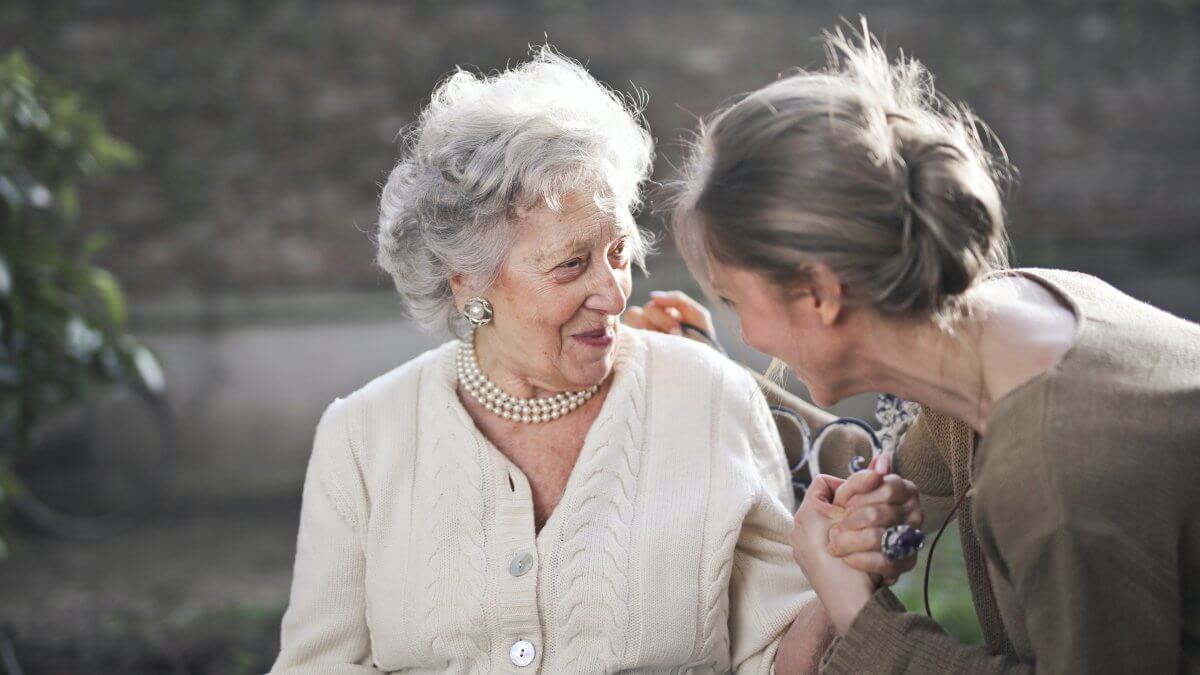
If you are caring for your aging parents or a loved one, you know one of the most frustrating things for them are the limitations they feel. We all want to keep our independence as long as possible, and to have that taken from us is an extremely emotional experience.
Despite their possible resistance to your help or the difficult conversations that may come with it, falling in the home (or elsewhere) is a serious problem that can’t be ignored. According to the National Council on Aging and the National Alliance of Caregiving:
“Falls are the leading cause of fatal and non-fatal injuries for older Americans.” 1 in 4 older adults falls each year.
• Every 11 seconds, an older adult is treated in the emergency room for a fall.
• Every 19 minutes, an older adult dies from a fall.”
These are some frightening statistics, but there are some proactive things we can do.
Know when your parents may be at increased risk of a fall.
If your parents are/have experienced any of these symptoms they may be at an increased risk of a dangerous fall:
- Vision problems
- Problems walking
- Balance problems
- Muscle weakness
- Memory/cognition problems
- If he/she is taking certain medications that can cause dizziness or sleepiness
- Diseases such as arthritis which cause pain in the body
- Depression
- Hazards in the home
If you’ve determined they’re at risk, having open, honest conversations about what to do are critical. The best thing we can do is listen entirely to their concerns and feelings about the subject. Often, our parents don’t want us to “solve their problems for them”- what adult does?
Suggest they take the first step by speaking to their doctor or an occupational therapist about a fall-risk assessment. Often, therapists will offer to make a home visit to review with them how to make their homes safer to avoid accidents.
Hearing advice from a doctor is often more impactful than hearing from you, so they’ll be much more likely to undergo a vision screening, mental health evaluation, or any other treatment their doctor feels is necessary to prevent a fall before it happens- including a regimen of exercise designed prescribed specifically for boosting balance and mobility.
